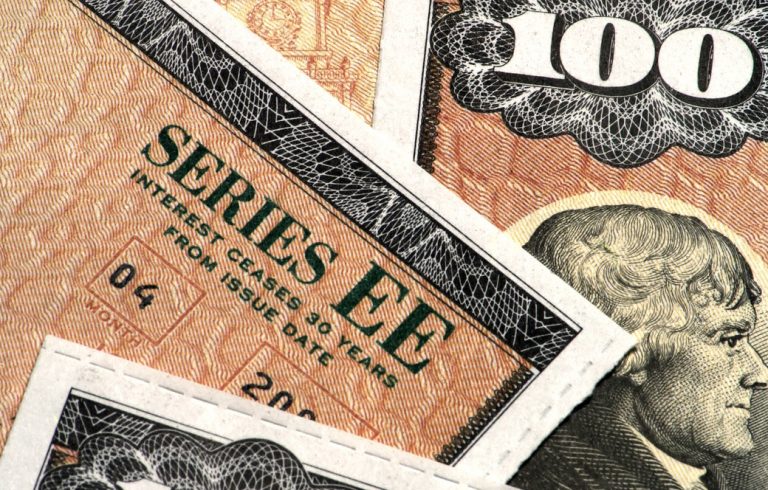What is a bond?
A bond is a loan. How is that for simple? Bonds are commonly referred to as “fixed-income” securities (remember, people in finance like to come up with fancy names for things like scientists and mathematicians) and are one of the three main generic asset classes: stocks (equities) bonds (fixed income) and cash.
Like a stock, bonds were printed up on fancy paper, and the paper or bond, was your proof of ownership. The certificate had some extra details on it that indicated the interest rate to be paid, how often interest is paid and the maturity or when you will get your money back. There are several kinds of bonds. The one you are most familiar with is a CD or certificate of deposit. When you lend money to the United States Government, you are buying a Treasury bond. When you lend money to corporations like Apple, your investment is called a “corporate” bond. And, when you lend money to a city or county, your bond is called a “municipal bond.”
Owners of bonds are called debt holders, meaning that they are contractually owed money. Bond holders are the first in line to be paid interest, even if a company does not make money they must be paid. Because bonds have a guarantee of payment, they are not entitled to the earnings upside or growth if the company is really successful and makes a lot of money.
Characteristics / terminology of Bonds
- Face value or par value is the amount the bond will be worth at its maturity, and is also the amount used when calculating interest payments.
- Coupon rate is the rate of interest the bond issuer will pay on the face value of the bond, expressed as a percentage.
- Coupon date is the date the issuer must pay interest payments. Most bonds pay interest twice a year.
- Maturity date is the date when the issuer will pay off the bond.
- Issue price is the price that the bond was originally sold. Most bonds are sold at par or 100% of face value but sometimes they are issued at a price higher or lower than par.

David.Cross@us-am.com

